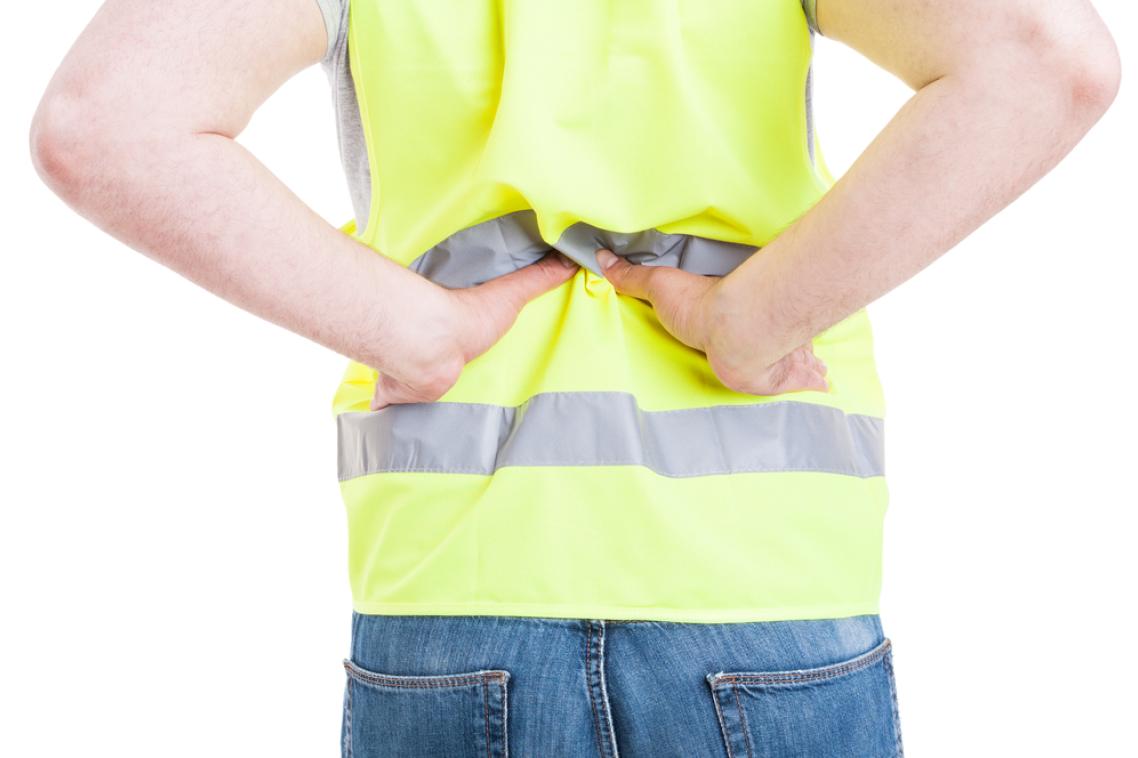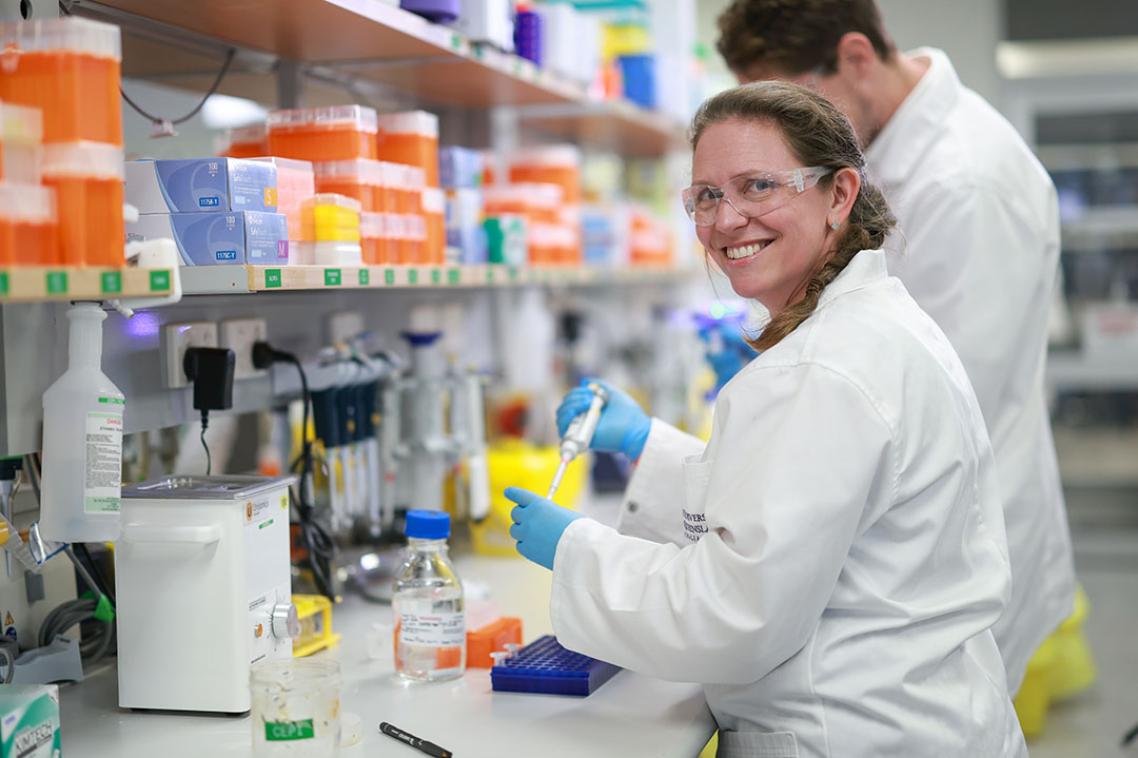Reducing the suffering of lower back pain

Could mindfulness and meditation be more powerful than opioids for lower back pain?
The University of Queensland School of Psychology’s Dr Melissa Day is conducting a project that will test that possibility and could even save lives.
“Chronic pain is implicated in an estimated 20 per cent of suicides in Australia, and is experienced by millions nation-wide,” Dr Day said.
“What we know is that traditional treatments such as pain medications become less effective over time as individuals develop tolerances to drugs like opioids.
“Moreover, many of the side effects of these drugs are unpleasant, including nausea, possible addiction, sedation, and cognitive complaints impacting memory, recognition and comprehension.
“Most people do not have access to coping skills training to manage the pain and its effect on their mood, sleep, relationships and social functioning – and so they suffer alone.”
Dr Day is offering a free eight-week course promoting non-pharmacological pain-management skills for chronic lower back pain.
The program is delivered in a group setting at UQ St Lucia and incorporates evidence-based applications of mindfulness, meditation and cognitive therapy.
Dr Day said research suggested that the approaches used in the course changed the way the brain processed pain.
“We’re putting individuals firmly back in the driver’s seat when it comes to managing pain and their life,” Dr Day said.
“The good news is the side-effects of these treatments being offered are expected to be positive –improving anxiety, depression and sleep problems – as well as the pain and functional aspects.
“Our hope is that this study will inform sophisticated algorithms to clinically match individuals with their unique experience of pain to the treatment approach most likely to be of benefit.
“The further hope is that these treatments will be implemented in mainstream healthcare, reaching the people who need them the most.”
Up to 80 per cent of Australians experience back pain and 10 per cent have significant disability as a result.
The lower back pain management project is a collaboration between UQ and the Metro South Hospital and Health Service and is funded by the National Health and Medical Research Council.
Public and media information: Dr Melissa Day, m.day@uq.edu.au, +61 7 3365 6421; Robert Burgin at UQ Communications, r.burgin@uq.edu.au, +61 7 3346 3035, +61 448 410 364.
Topics
Related articles

Billion-dollar deal takes UQ vaccine tech to the world

Should you consent to your doctor using an AI scribe? Here’s what you should know.
Media contact
UQ Communications
communications@uq.edu.au
+61 429 056 139
